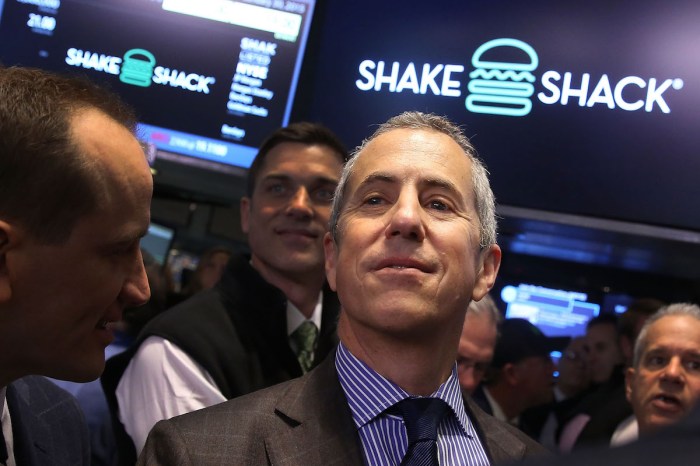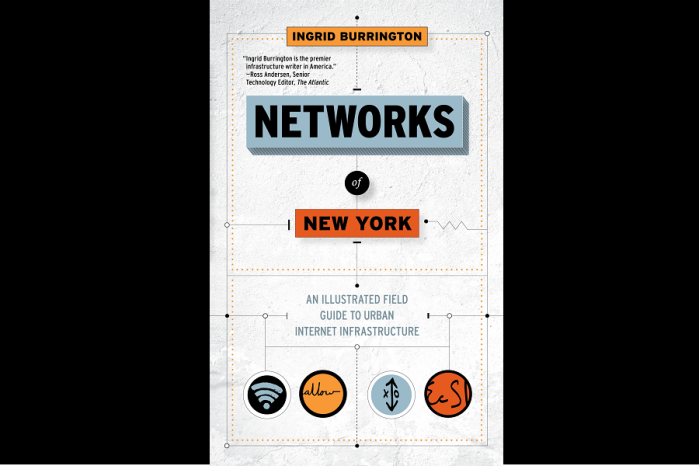Drummer Marky Ramone may not have been a founding member of the Ramones, but his impact on the band’s legacy – and the punk movement as a whole – is hard to deny. Even so, some critics still dismiss him for not being an “original” member of the iconic band. “Being in the Ramones for 15 years and 1,700 shows, I felt it was time to tell my story,” says Marky (whose real name is Marc Bell).
For Bell, that story is being told in a new memoir aptly titled, “Punk Rock Blitzkrieg: My Life as a Ramone.” Bell admittedly pulls no punches in the book, which he wrote with author Rich Herschlag. “It is the most comprehensive book out there about the band,” says Bell.
Readers can expect a fly-on-the-wall take of what it was like to be alongside the Ramones during the height of the cult phenomenon known as punk rock. The book covers everything from hanging out with other punk luminaries at the legendary CBGBs, to observing the famously tense relationship between Joey and Johnny Ramone. “The book reads a little like fiction and a little like a travel log,” says Herschlag, who compares the feel of the memoir to Jack Kerouac’s “On the Road.” “We wanted to make people feel like they were there.” According to Herschlag, the book provides a more intimate snapshot of the band. For example, the fact that Joey Ramone had obsessive-compulsive disorder is no secret. But few know the extent to which his OCD affected the band as a whole. Herschlag recalls one story from the book where Bell talks about Joey’s compulsive need to tap things. “After their 1980 album “End of the Century,” they flew to England, and [Joey] wouldn’t get off the plane because he wanted to fly back to tap something in New York,” says Herschlag.
Other times, the band would be late for gigs because of Joey’s need to run across the street to tap a curb. According to Herschlag, this only fueled the palpable tension between Johnny and Joey.
Personal rivalries aside, the book also takes a hard look at Bell’s battle with alcoholism, which ultimately led to his departure from the band for four years during the ‘80s. Herschlag says that Bell’s journey to sobriety was a powerful one. Herschlag’s personal connection to the Ramones is a unique story in itself. Growing up in Forest Hills, Queens in the 1970s, Herschlag was coincidentally raised in the same building as a construction worker-slash-musician named John Cummings (aka Johnny Ramone). “At the time, I was like 10 years old and throwing water balloons off the roof,” says Herschlag, who remembers leather-clad band members frequently coming in and out of Johnny’s apartment. “It became known, even before they released an album, that there was this rock band in our building.” The fact that Herschlag landed a gig co-writing Marky Ramone’s memoir decades later was completely serendipitous. Either way, he’s thrilled to be bringing Bell’s stories to life. There are even talks of an in-the-works reality show that would document what the aging punk rocker’s everyday life is like these days. After disbanding in 1996, the Ramones were later inducted into the Rock and Roll Hall of Fame in 2002. The punk pioneers also received a Grammy Lifetime Achievement Award in 2011. Today Bell serves as a global ambassador for punk rock with his band, Marky Ramone’s Blitzkrieg. The group travels everywhere from Russia to Vietnam playing Ramones songs to a new generation of loyal fans. “I’m the last link to the last four [Ramones],” says Bell. “My aim is to continue to play the music live because I feel the songs are too good not to be played.”
Marky Ramone opens up about new memoir, Punk Rock Blitzkrieg

























